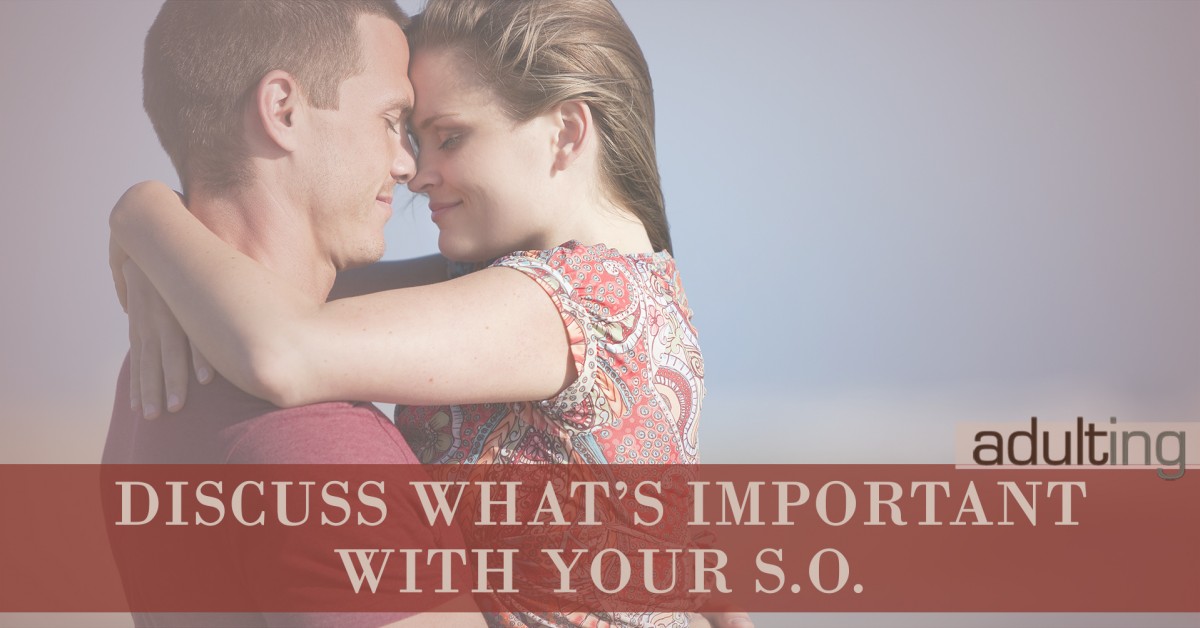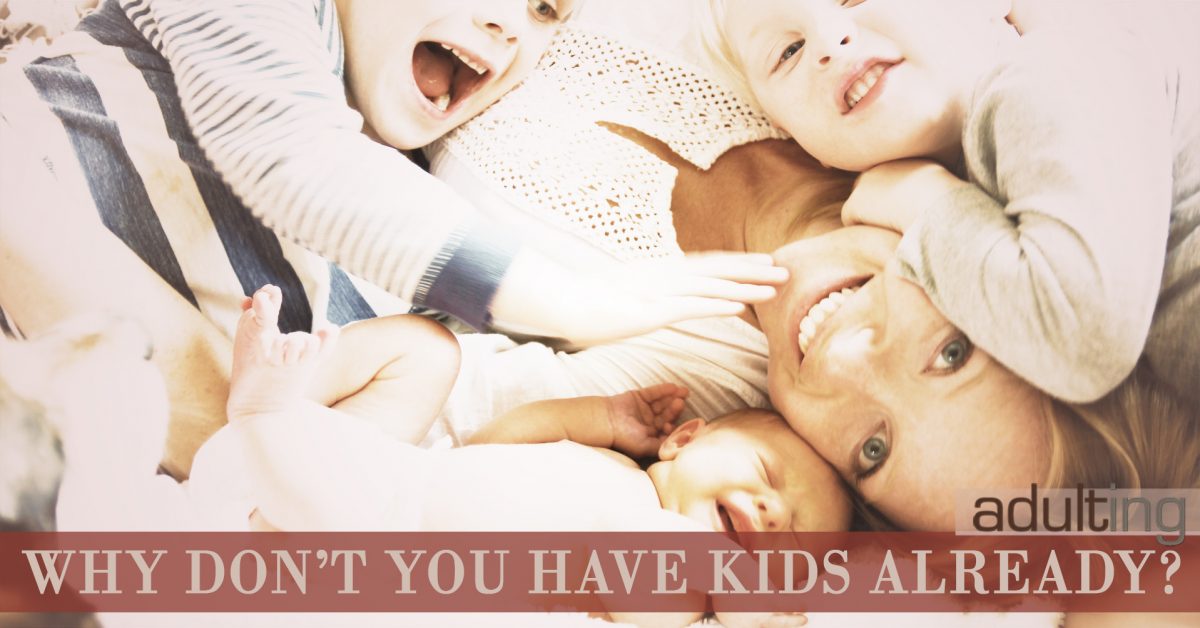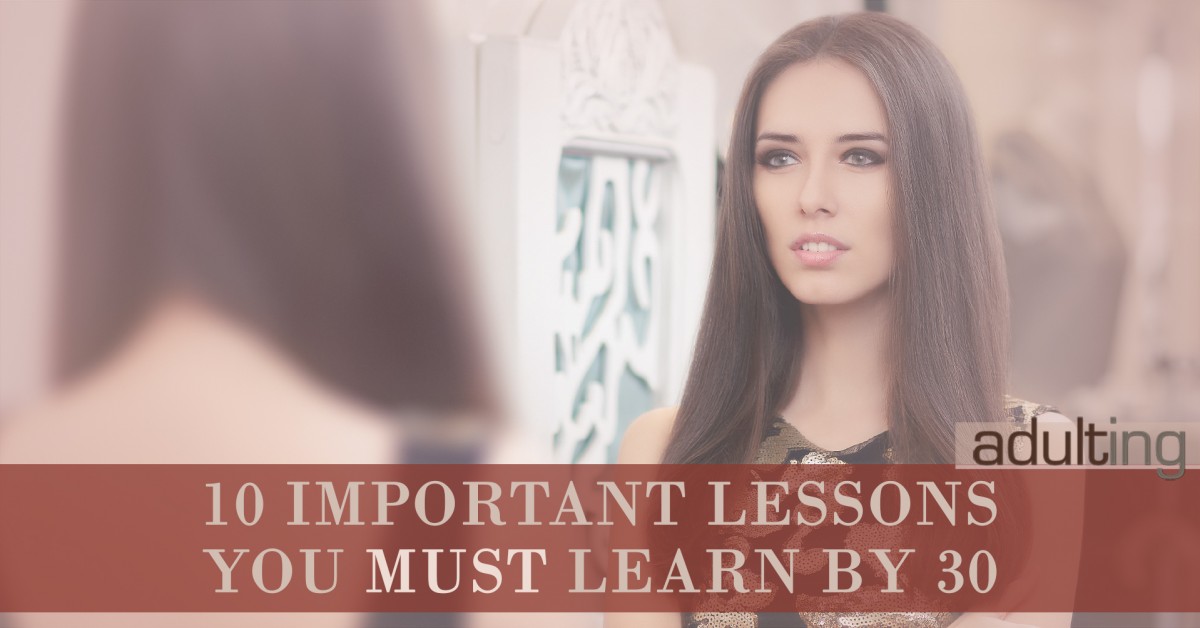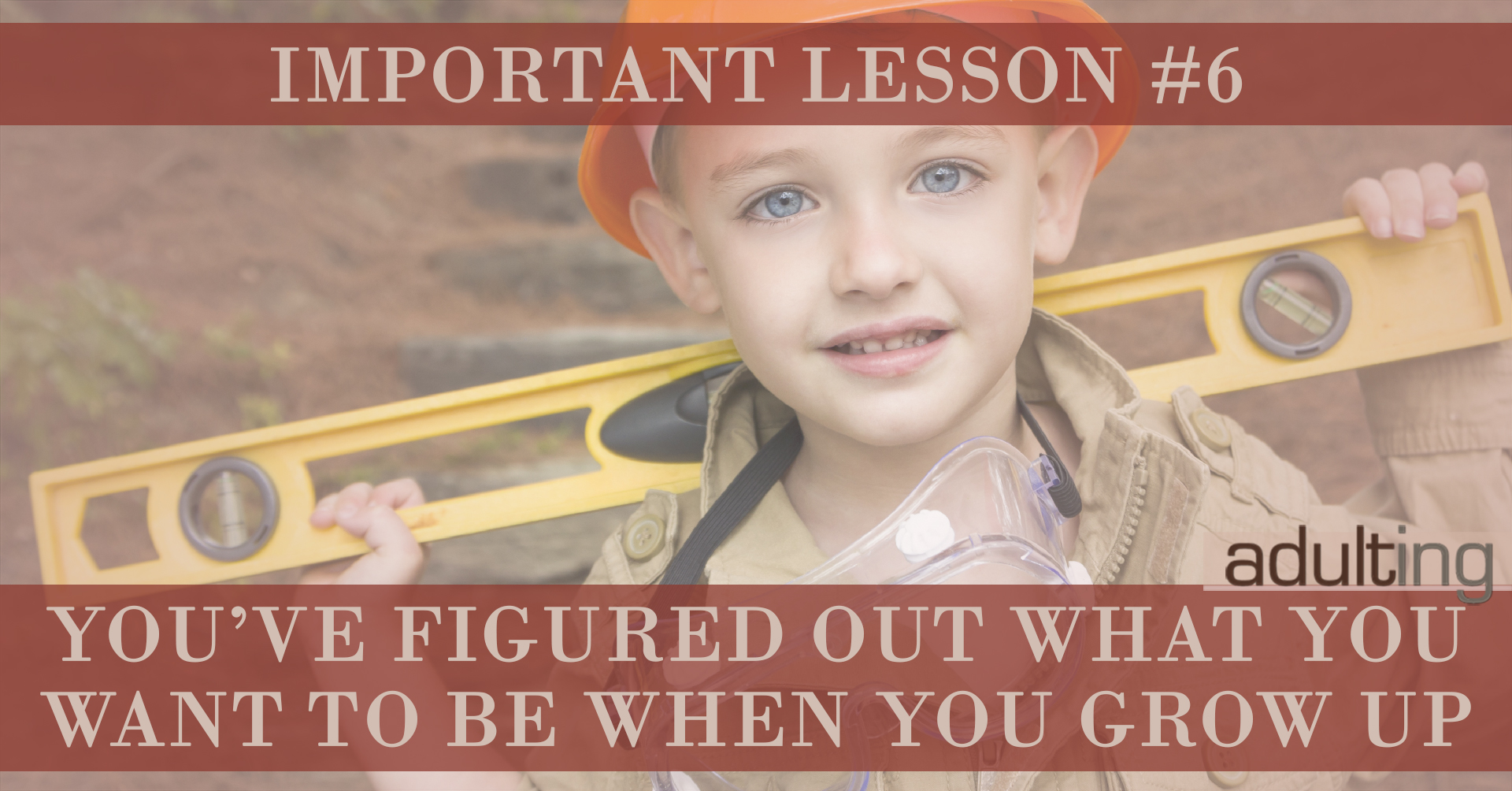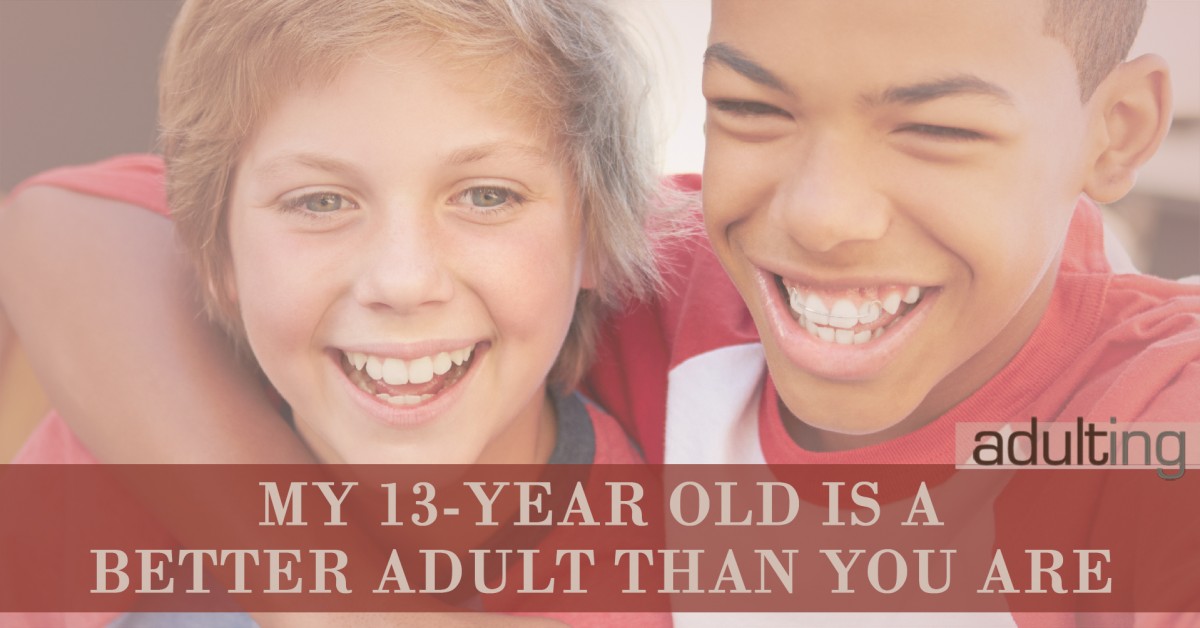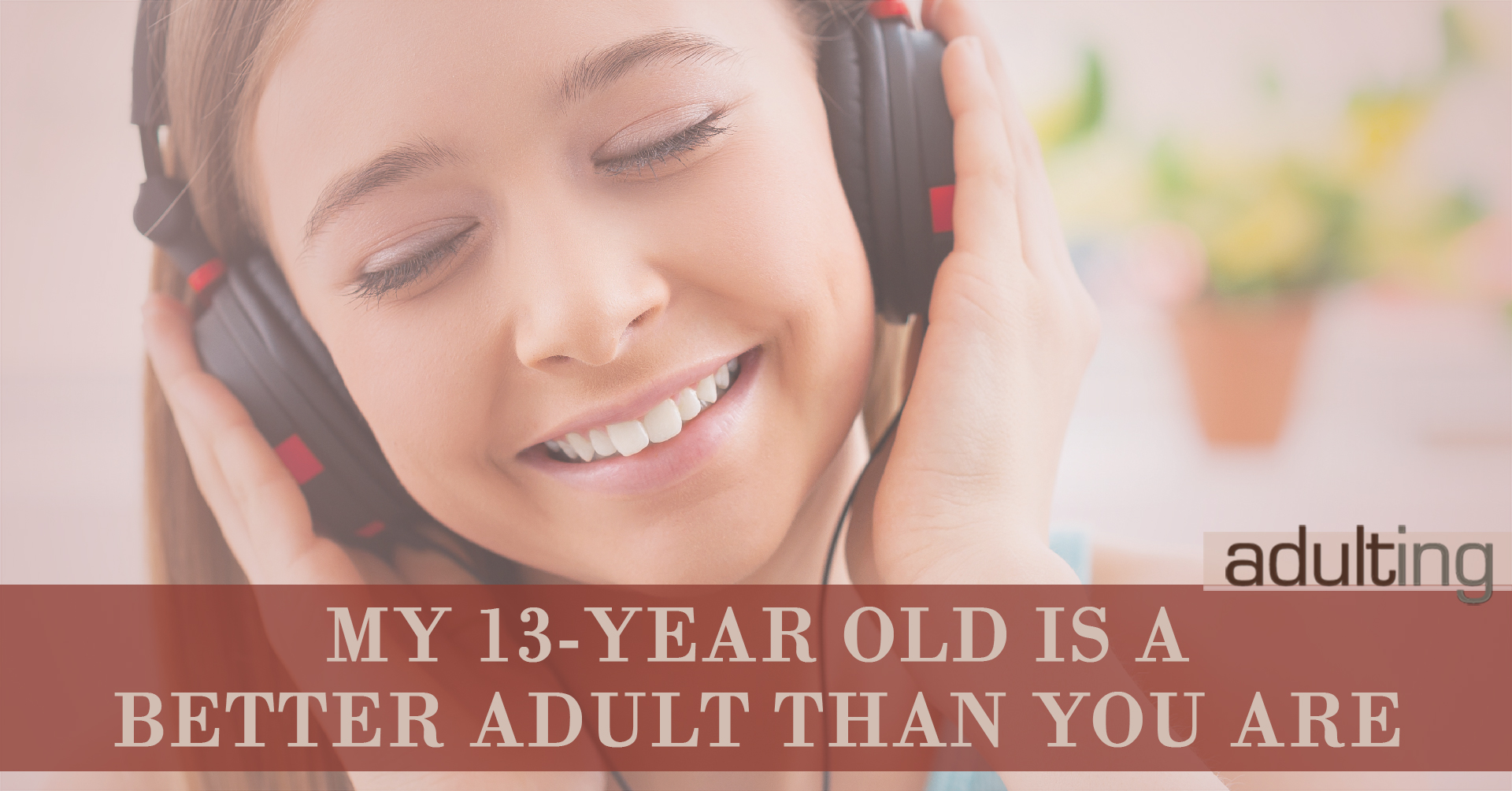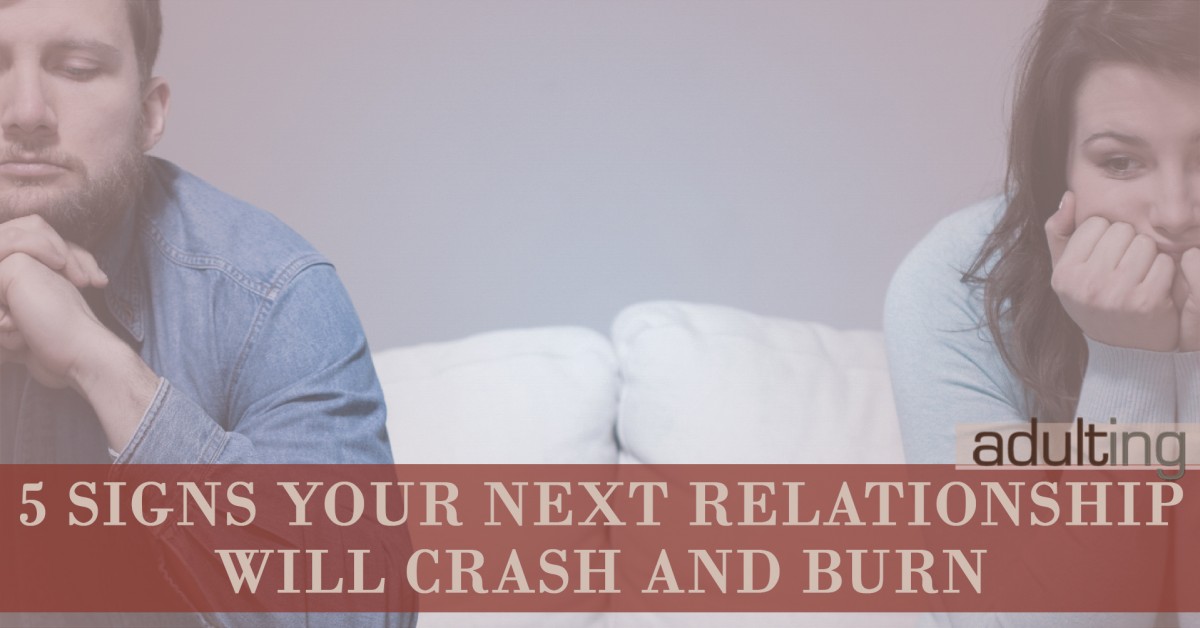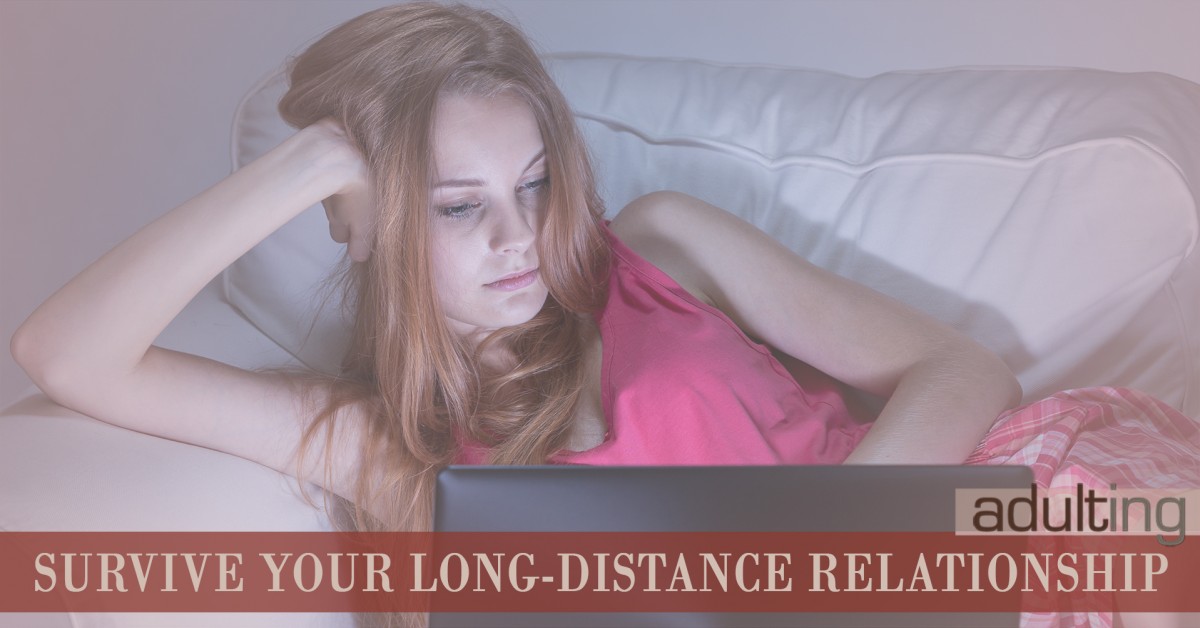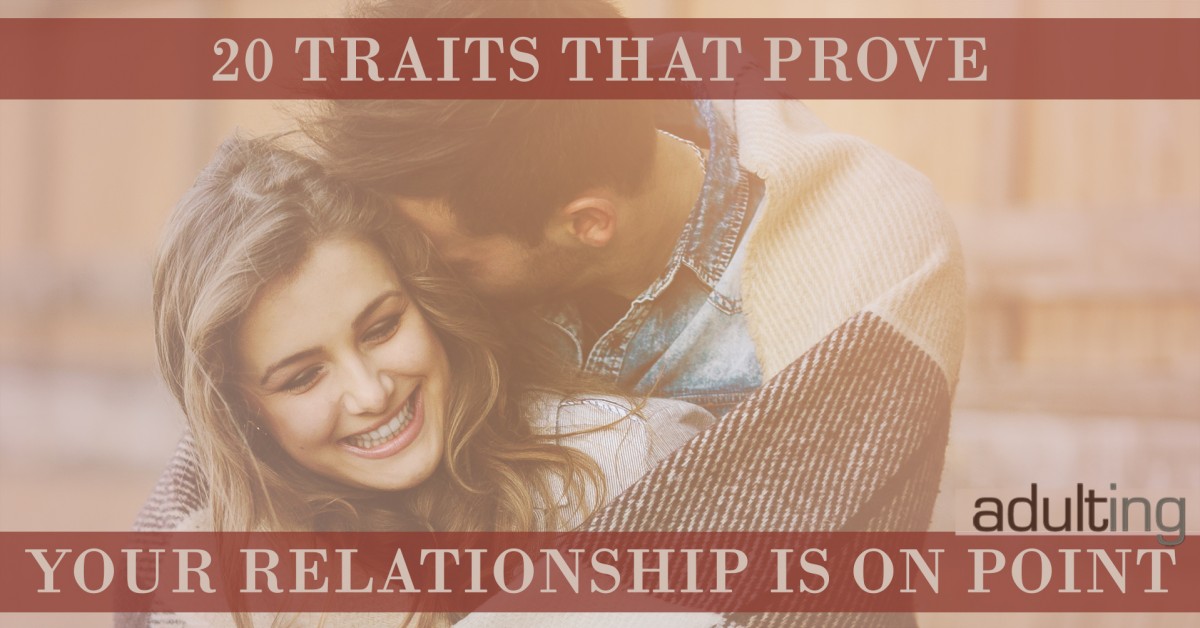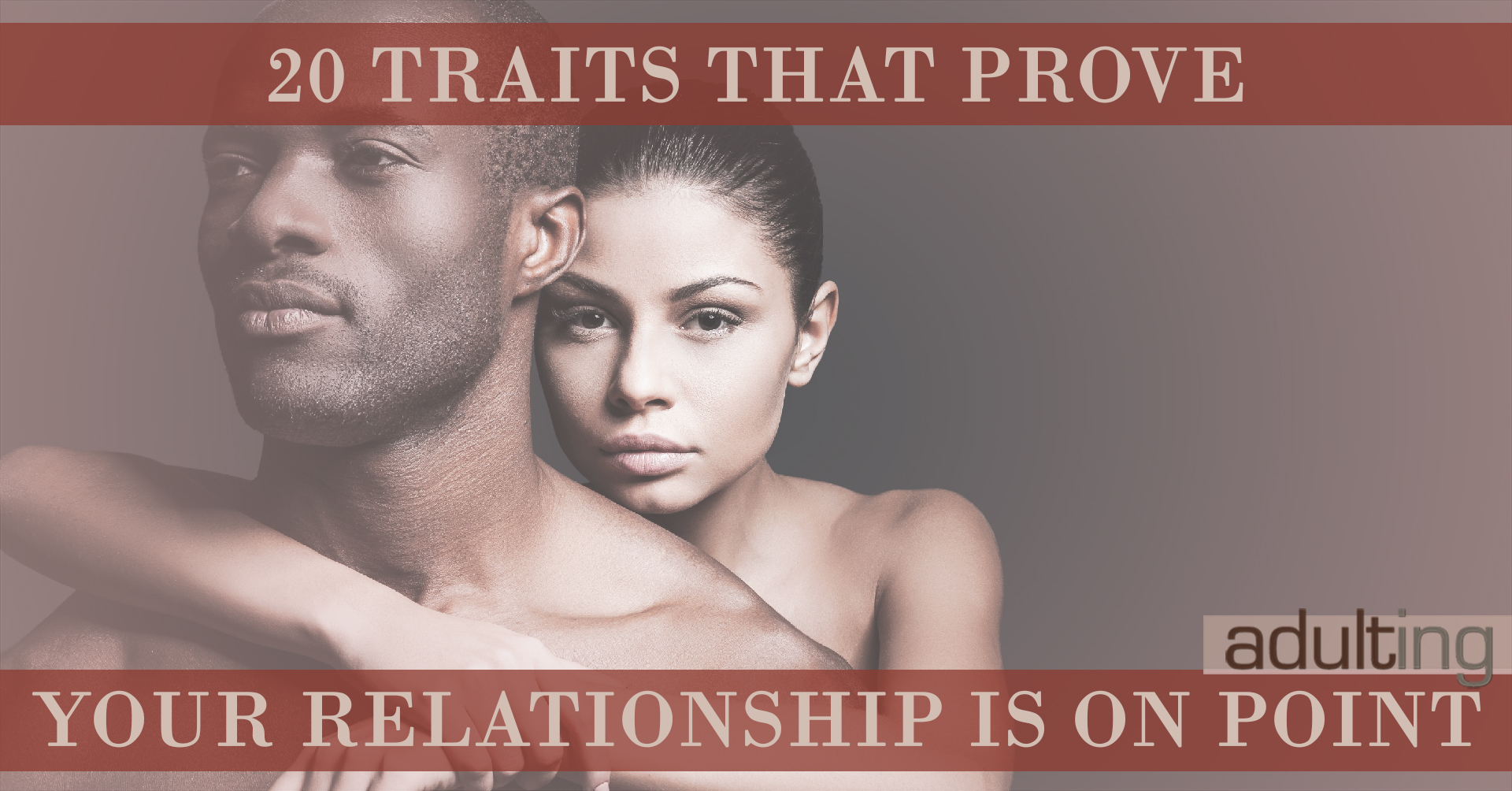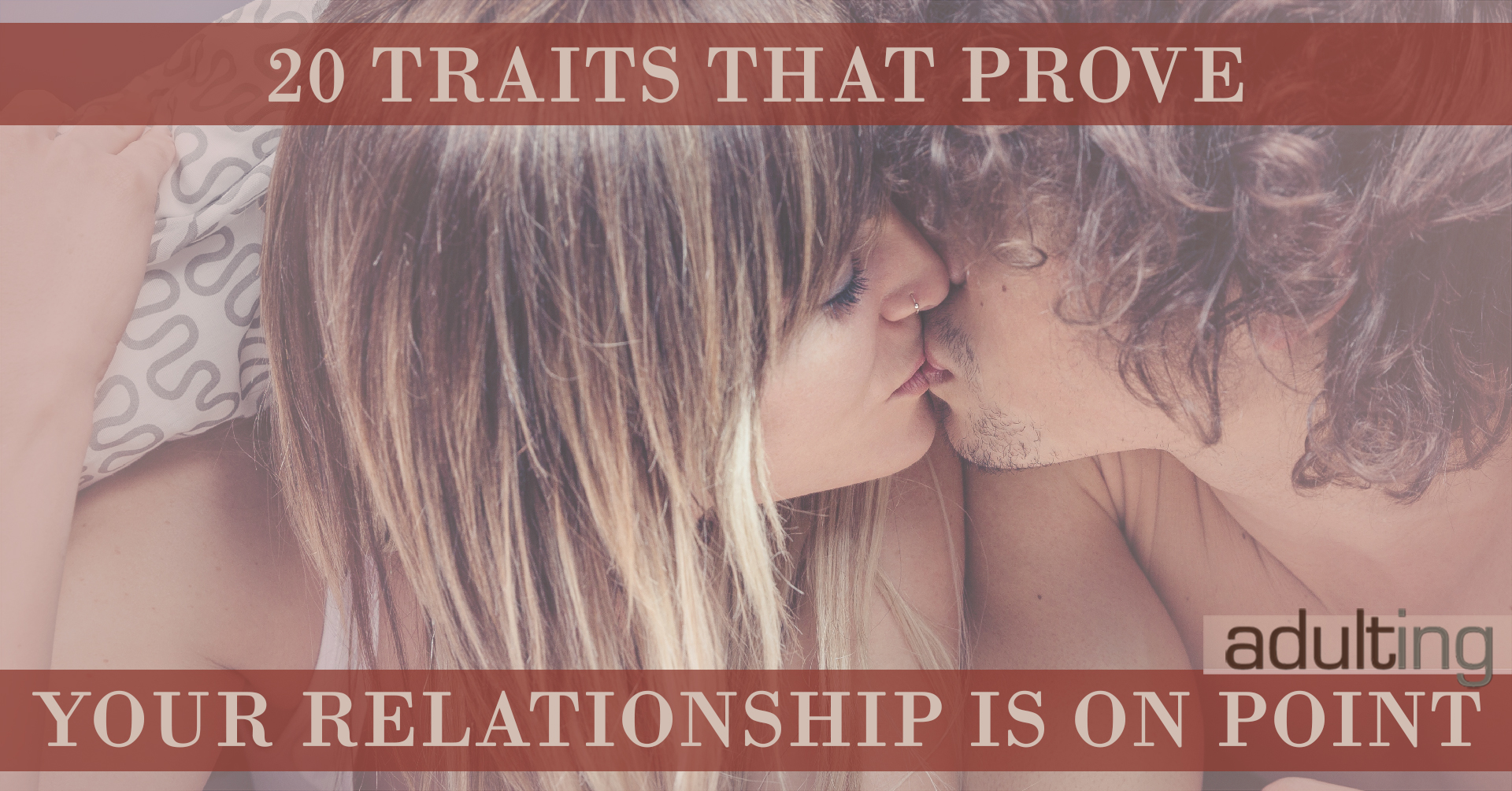At some point in a relationship, you move beyond the excitement of starting something new and into the reality that you might be “serious.”
When things get serious with your S.O., it’s time to discuss what’s important to you. It’s no fun to get deep into a committed relationship and realize that none of the most important things in your life line up with what your partner wants.
From kids to money to sex to values to priorities to religion, you should know what the other person wants — and you should know whether or not those important things are dealbreakers for you.
What matters to you?
Before you start grilling your SO about what’s important, you should have a good idea of what matters to you. I was young enough when I married that I hadn’t seriously thought about some issues. I was following a script, and even though there were a few things I knew about myself, I didn’t really know myself.
Later, when things bugged me, I didn’t know how to articulate them in a healthy way because I wasn’t entirely sure about who I was or what I really wanted. (That’s part of what happens when you follow someone else’s script.)
Before you start probing someone else, examine yourself. Learn who you are, and know what you love about yourself. Once you are clear about who you are and what you value, and what matters most to you, it’s time to discuss the Big Things with your S.O.
Don’t be judgy.
We all like our way best. However, not everyone is the same. Don’t be judgy if your partner prefers to stay at home instead of traveling somewhere new. And what happens if your S.O. doesn’t want kids? That’s not an invitation to assume some sort of emotional (or other) deficiency.
If you’re going to get deep and discuss what’s important with your partner, you need to ensure that you are both in a safe space. That means you accept that your partner’s values and priorities might be a little different than yours. And you don’t get personal about it.
And you don’t get personal about it. Wanting different things, to a different degree, doesn’t make someone bad or wrong. When discussing what matters, remember that you want a measure of grace for your own views. Respect is essential in any relationship. If you can’t discuss these hard, vital issues with respect, that’s a relationship red flag right there.
How much do you already know?
In many cases, you might already have a pretty good idea of where your partner stands on a lot of issues. You might have already discussed politics or you might be open about sex. Perhaps you’ve attended church with your SO or you can see how s/he spends (or doesn’t) money.
Pay attention. As your relationship develops, there are some things that become fairly obvious. You can even make a small comment if you want to start a deeper discussion:
- “I love that you call your mom once a week. Family seems important to you. How often do you go for a visit?”
- “You are so great with my nephew. Do you think you want kids at some point?”
- “You seem really busy with the Bushwackers. I can tell that you are passionate about volunteering. What are some of your favorite causes?”
- “I feel a little cash-strapped right now. What’s your favorite frugal activity?”
These are all ways you can ease into a conversation about the things that matter most in your life. A small observation can turn into a great discussion about what you hope for in life, as well as what matters to you right now.
You want to discuss what’s important with your SO because you want a good feel for whether or not you really can be true partners with this person you’re getting serious about. In some cases, with some things that might be less important, a relationship is about compromise. You’ll always need to do a little of that.
In some cases, with some things that might be less important, a relationship is about compromise. You’ll always need to do a little of that. It’s the way it is when you commit to share your life with someone.
When is it time to gtfo?
However, there are some BIG issues that aren’t ready-made for compromise or long-term partnership. You and your S.O. might agree that saving for retirement is vital, but what if you have fundamental disagreements over what that retirement should look like? It doesn’t do much good to save for retirement together if one of you plans to sell the house and travel the world while the other is excited to have the mortgage paid off so s/he can settle down “rent free” and be a homebody.
And very few relationships have solid staying power when one person wants lots of children while the other isn’t even sure if one is a good idea. These are the kinds of fundamental differences that lead to resentment in a relationship. You’re better off breaking it off for both your sakes than trying to make it work in the name of preserving passion.
What do you think? What are some of the dealbreakers in your relationships? And how do you talk about them with your SO?

